PEOPLE
Founding Director
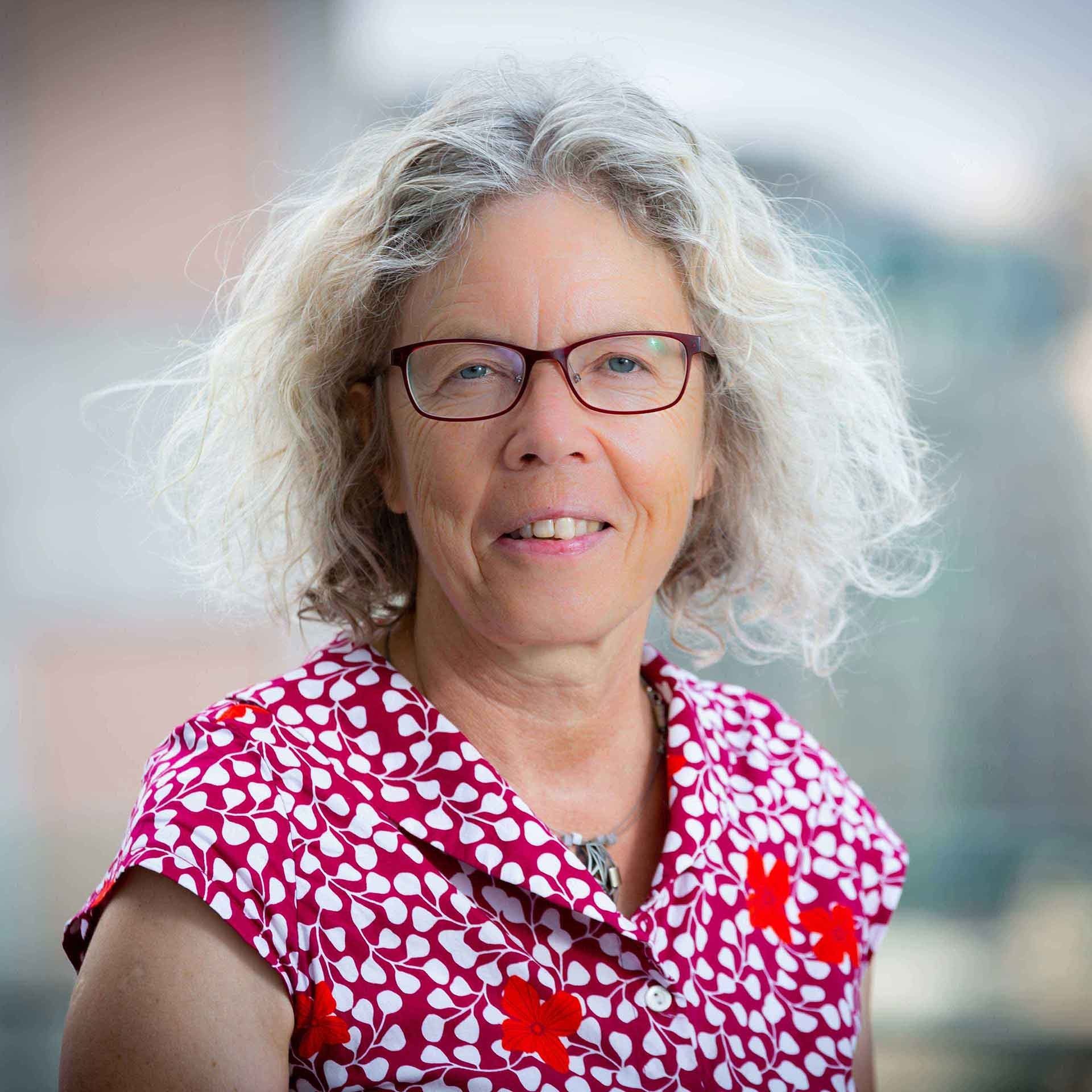
Ursula Eicker
Professor, Building, Civil, and Environmental Engineering
Canada Excellence Research Chair (CERC) in Smart, Sustainable and Resilient Communities and Cities
“Next-gen cities are built with a life-cycle approach, where resource use follows circular economy principles, where all energy is produced by renewables and where urban dwellers meet and create culture.”
Cluster Co-Directors
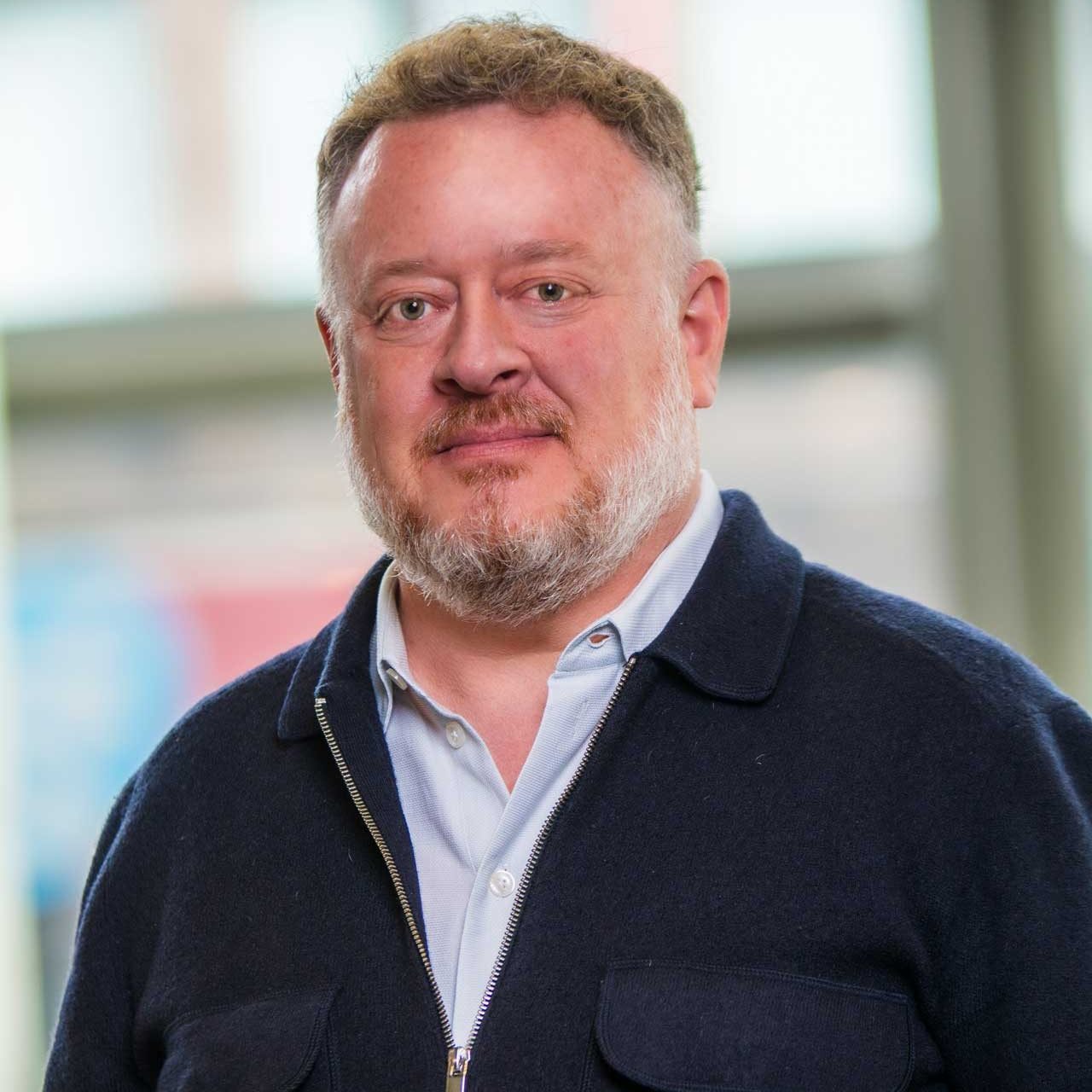
Pierre Gauthier
Built and Natural Environments
Associate Professor, Department of Geography, Planning and Environment
“A next-gen city is a city that cares and nurtures. A next-gen city mobilizes its ingenuity, collaborative skills and willpower to create nurturing buildings, infrastructures and public places and spaces that are also spaces of citizenship.”

Erkan Yönder
Built and Natural Environments
Associate Professor, Department of Finance
“Next-generation cities will have smart buildings and infrastructure measuring environmental and social footprints; and develop communities being aware of environmental and social impacts. Lowering carbon emissions and climate impacts continuously, healthy buildings, and inclusive societies are some examples of the priorities of the next-generation cities.”

Silvano De la Llata
Design, Arts, Culture and Community
Associate Professor, Department of Geography, Planning and Environment
“The city is the realm of strangers. I want to contribute to creating spaces where strangers — even people with profound differences — see themselves in the eyes of the others and thrive.”
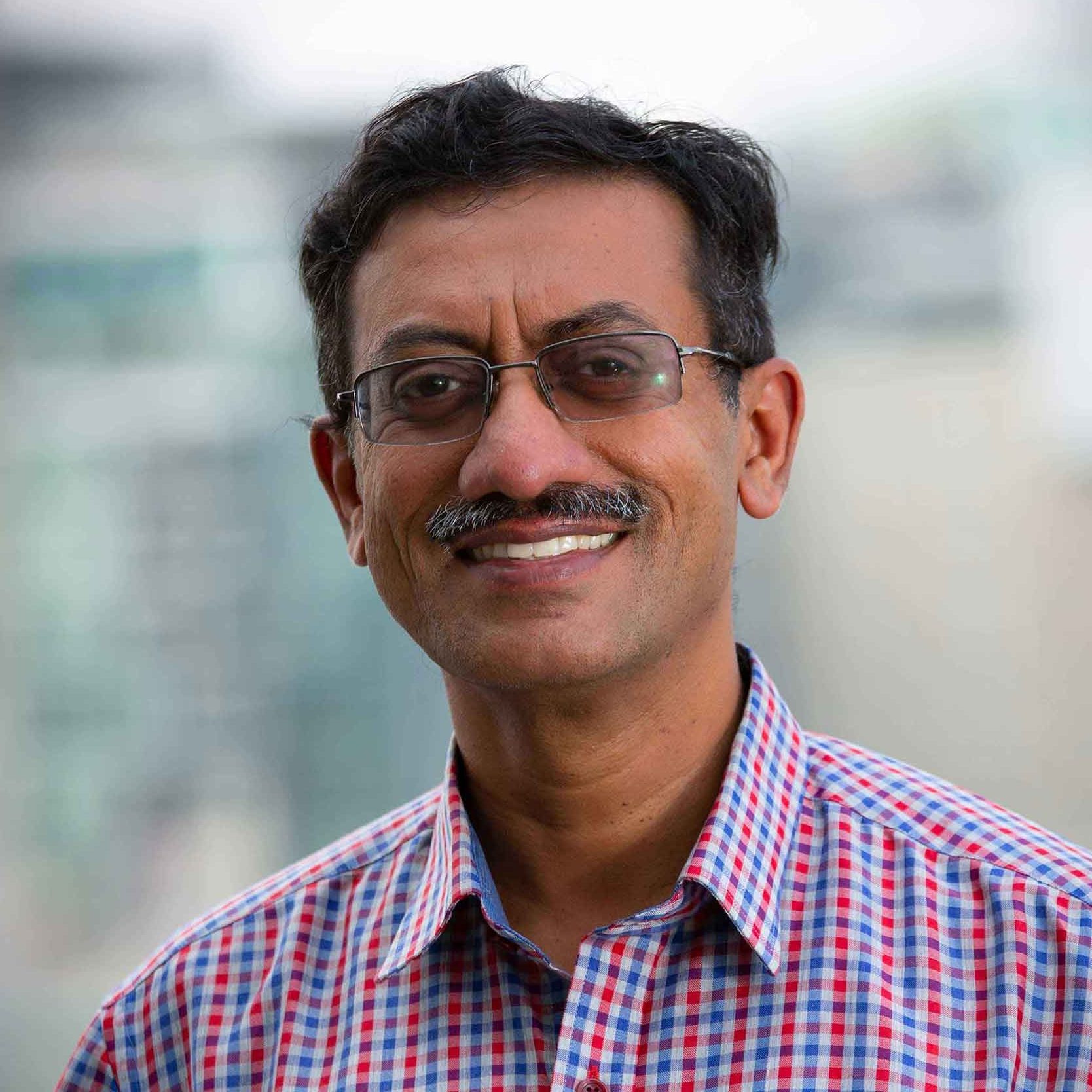
Govind Gopakumar
Mobile, Secure and Sharing Cities
Associate Professor and Chair, Centre for Engineering in Society
“Transformative pathways that will address systemic lock-ins and barriers are the way forward to achieve the goal of sustainable, equitable and resilient next-generation cities.”
Manager
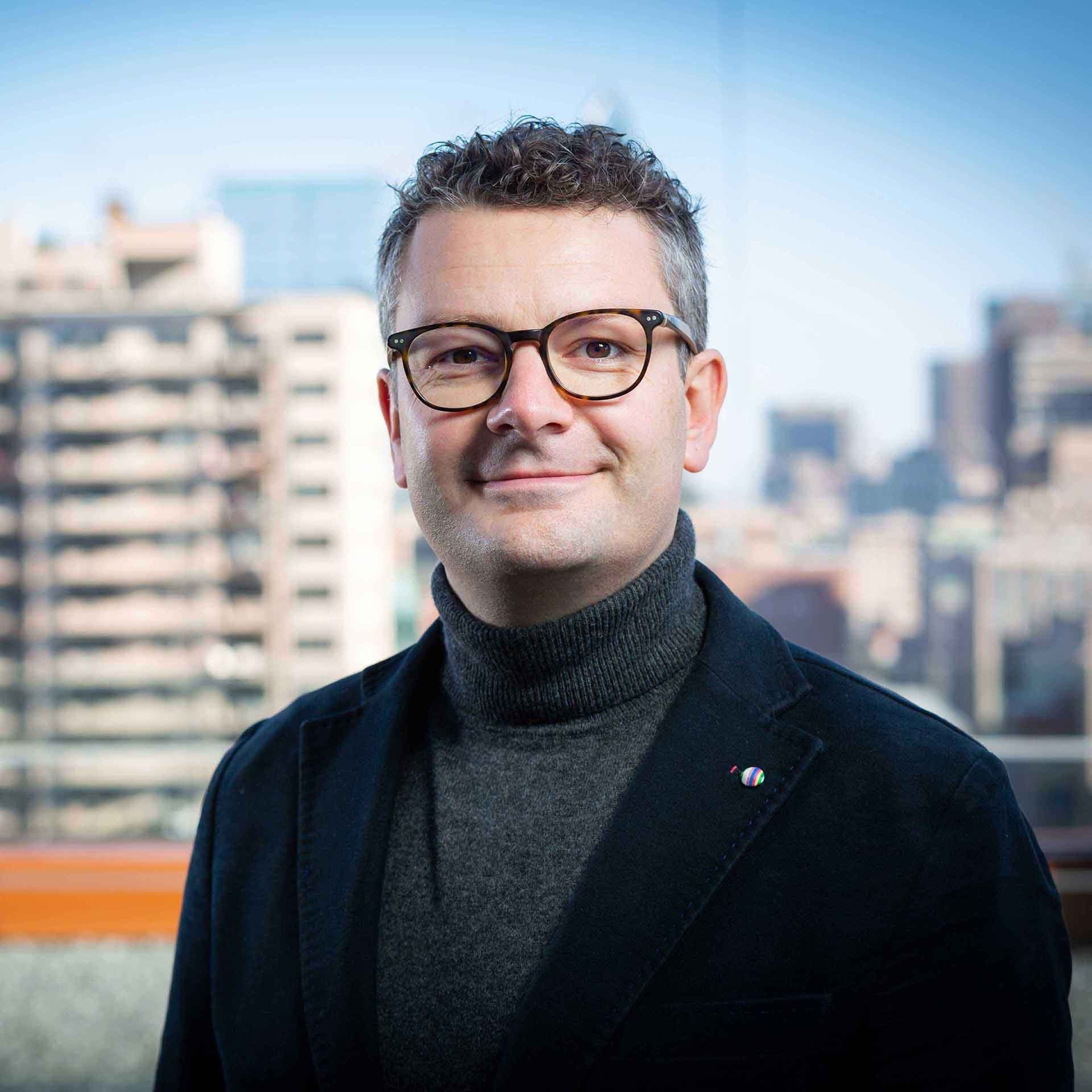
Michael Bossert
Manager, Strategy, Innovation and Outreach
"The ability to innovate decides our future, and innovative capability starts in the mind - with our attitude. Next-generation cities need catalysts and decision-makers who are equipped with an open ear, a playful mind, critical thinking skills, curiosity, and the ability to master complex challenges in a collaborative way. With the Next-Generation Cities Institute, we created a space where persons of all ages and backgrounds can co-create the future."
Advisors

Ivona Bossert
Advisor, Science Communication and Engagement
"As a designer, I recognize the need to rethink public spaces and look at them from the unique perspective of their users. Understanding different behaviours and lifestyles will allow us to create accessible, inclusive and pleasant multi-generational next-generation urban experiences."
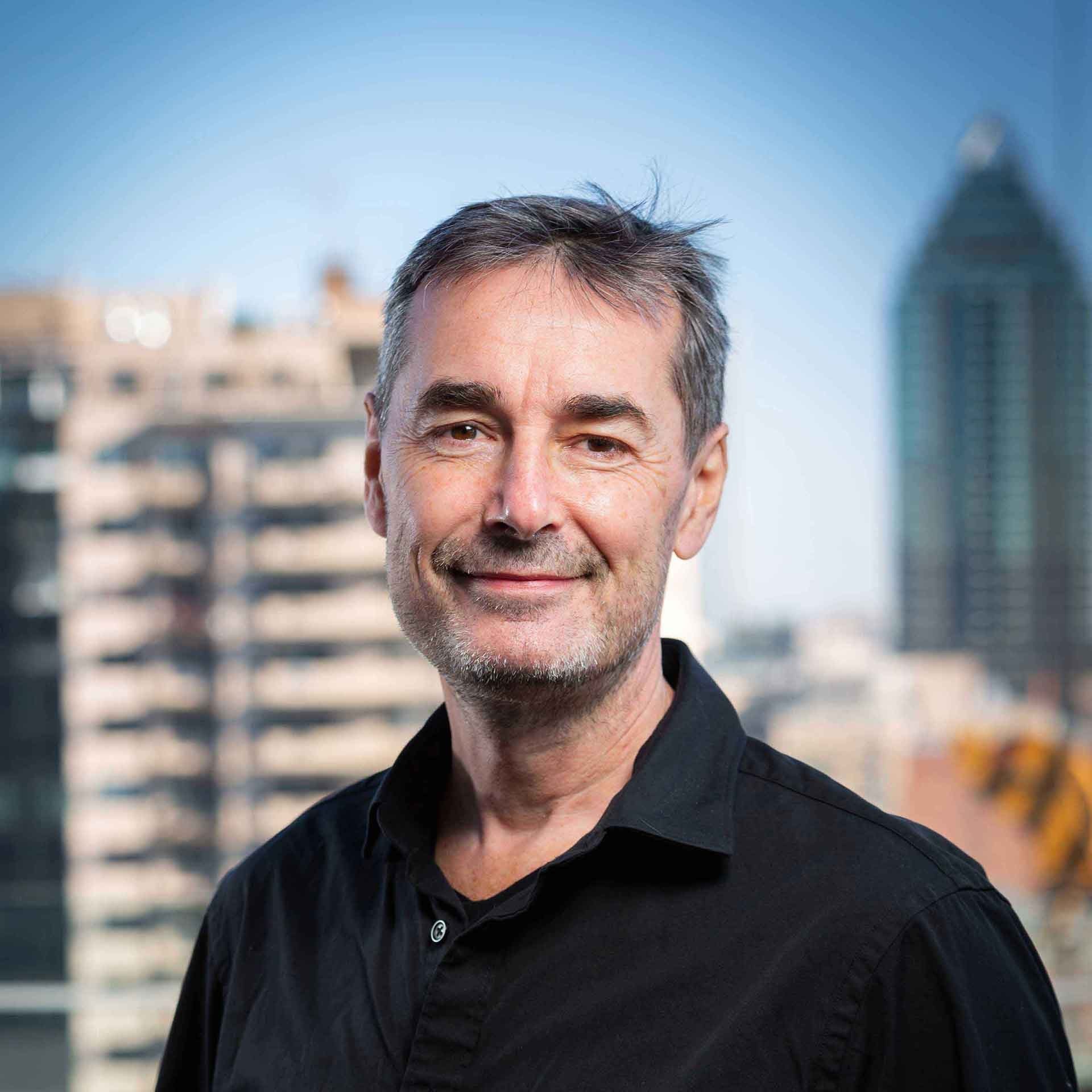
Christopher Gibbs
Senior Advisor, Tools4Cities
"By visualizing Next Generation Cities and allowing you to play with them in real-time, we expand the reach of our research: empowering smarter decisions and educating greener behaviours."
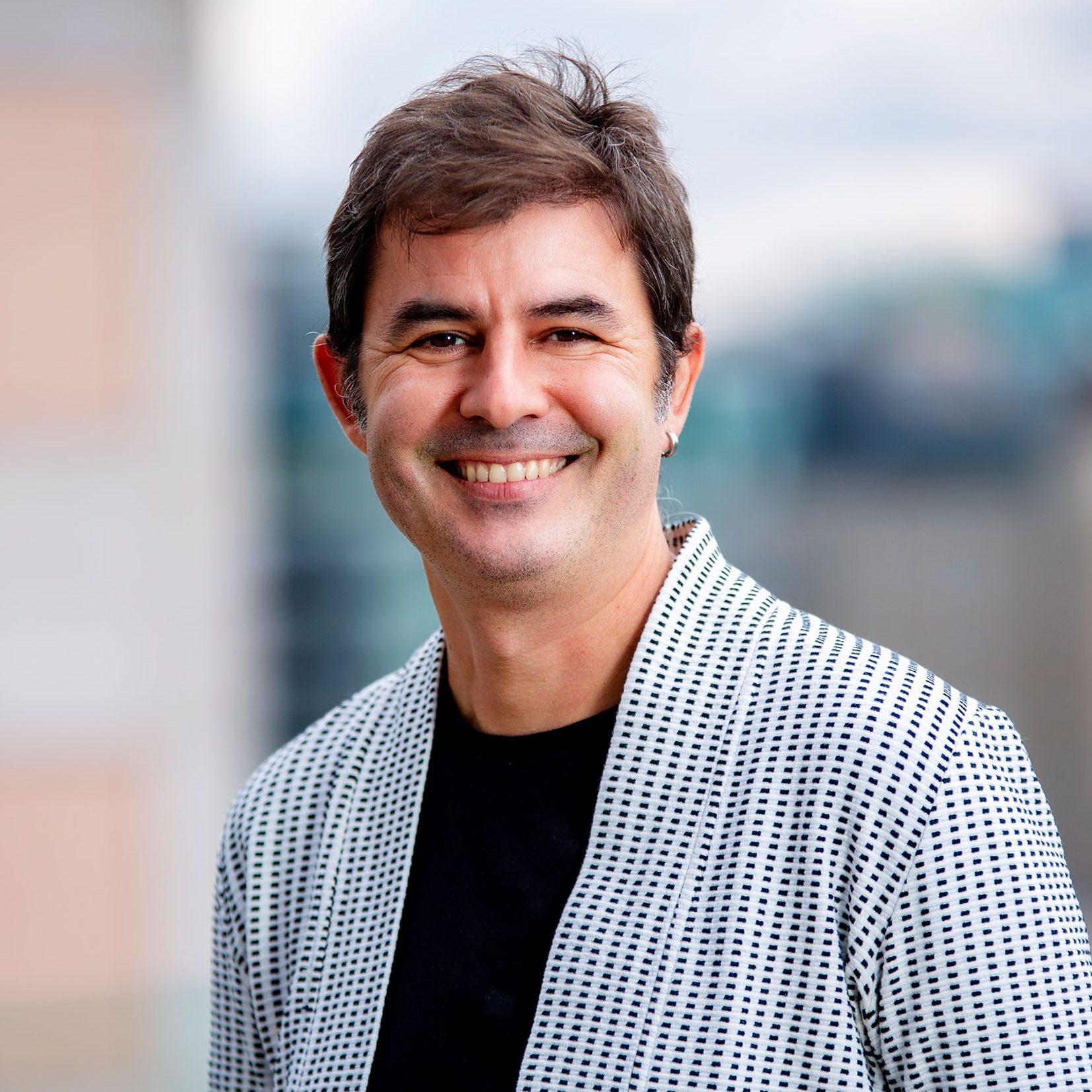
Oriol Gavaldà
Team Lead for Decarbonization Initiatives
"Joining the Institute's team is an excellent opportunity for me to help bring all the knowledge I have acquired in the private and social sectors in Spain to Montréal. By bringing all our research ideas into real-world practical cases, we can show that next-generation cities can be a reality. However, it is key to address all these solutions using bottom-up approaches involving social stakeholders."
Collaborators
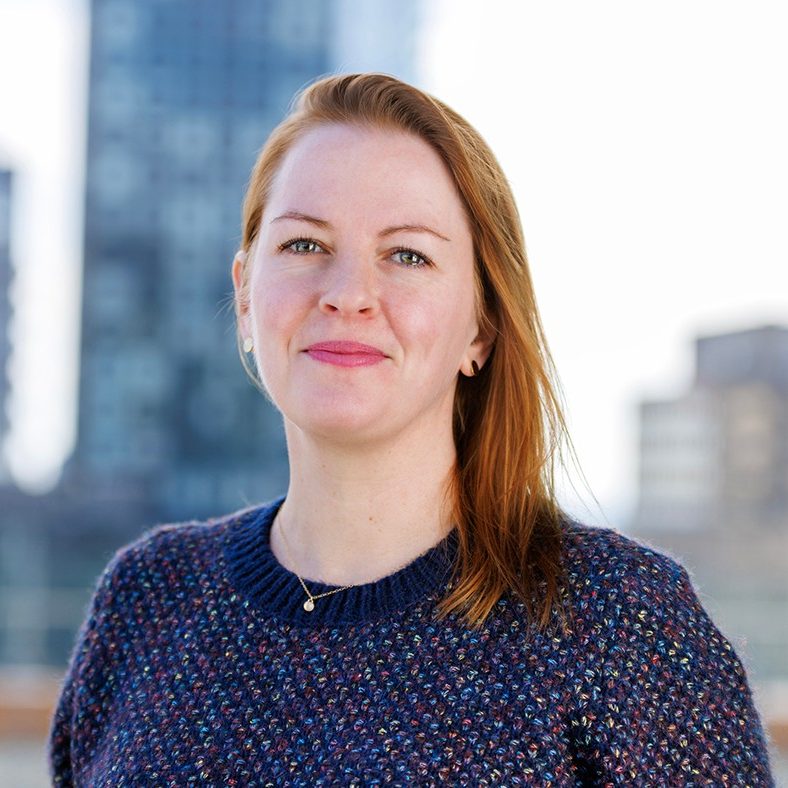
Meagan Smith
Team Coordinator
"Being a part of the Next-Generation Cities Institute means being a part of an innovative future. It’s a dynamic environment where students, faculty, staff, and other collaborators can work together to advance and transform the quality of life for upcoming generations. Together, we’re not just imagining the future but crafting it."

Mitali Ruths
Finance Coordinator
"At Next-Generation Cities, I make sure everything is financially on track so that our research community can stay focused on shaping the cities of the future. It's not just about numbers, it's about working with people, creating opportunities, and turning big ideas into real change."
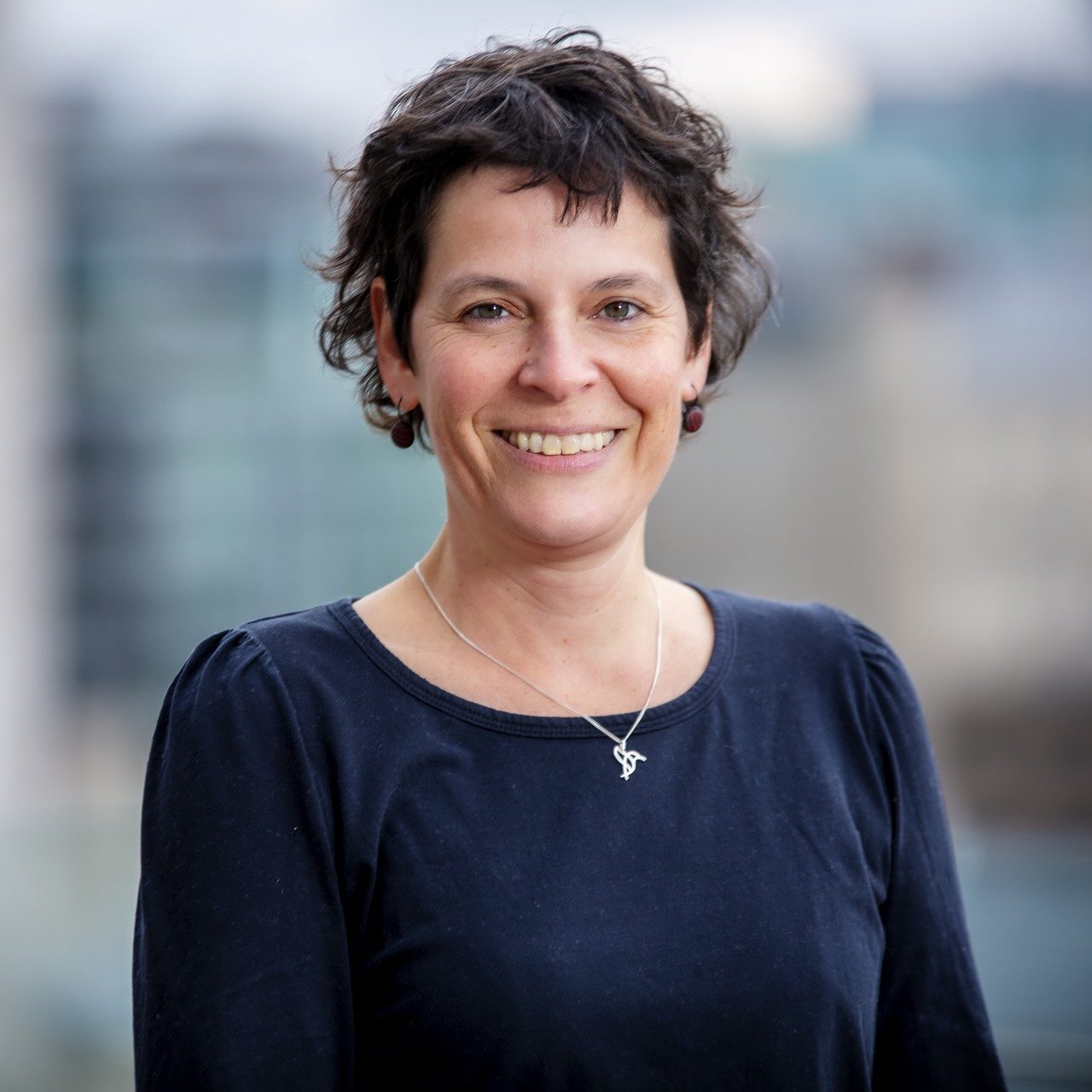
Marie-Catherine Proville
Research Associate - Project Coordinator
"I have always worked on projects that made a difference to the planet. Joining the Institute helps me join my two passions: helping to develop innovative solutions to tackle climate change and the biodiversity decline and being able to train new generations on the best ways to face the upcoming emergency."

